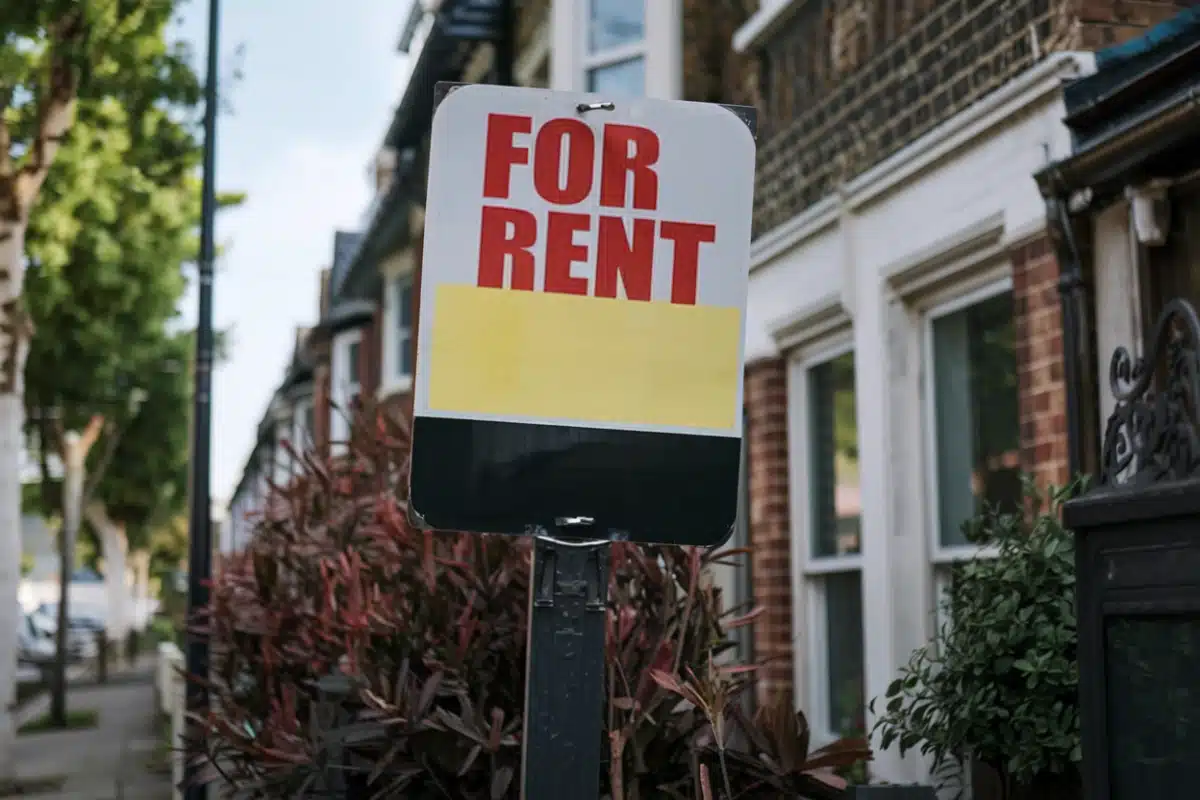Tens of thousands of vulnerable Americans could lose government-supported housing next year, as a critical rental assistance program nears the end of its funding.
The United States Department of Housing and Urban Development (HUD) has warned that funds for the Emergency Housing Vouchers (EHV) program will be exhausted by the end of next year.
The scheme currently supports around 60,000 people — including victims of domestic violence and the formerly homeless — and was initially created with a £5 billion allocation under the American Rescue Plan Act of 2021. According to HUD, the escalating cost of rent has depleted the fund faster than expected.
Thousands Face Loss of Shelter as Voucher Funding Diminishes
The EHV program was introduced in 2021 by then-President Joe Biden as part of a broader federal initiative to mitigate the economic fallout of the pandemic. It specifically targets those escaping homelessness, domestic violence, or human trafficking.
According to the Associated Press, HUD has now formally notified housing agencies that additional federal support is unlikely. “Manage your EHV program with the expectation that no additional funding from HUD will be forthcoming,” the agency stated in a letter issued last month.
This directive has alarmed housing advocates and non-profit organizations that work directly with affected individuals. Sonya Acosta, policy analyst at the Center on Budget and Policy Priorities, described the potential impact as devastating.
“To have it stop would completely upend all the progress that they’ve made,” she said. The anticipated loss would be among the largest single reductions in federal rental aid in recent history, according to analysts.
The effects of such a rollback could be particularly acute in major urban centres where rent inflation has outpaced income growth. In cities like New York, Dallas, and San Francisco, many beneficiaries live in high-cost housing markets where alternatives to subsidized accommodation are scarce.
Program’s Future Uncertain Amid Political Deadlock
The fate of the EHV program now rests with Congress. Representative Maxine Waters, a Democrat who originally championed the scheme, is seeking an £8 billion extension. Yet the political landscape presents significant challenges.
Republican lawmakers, who currently hold a majority in the House of Representatives, are reportedly prioritizing spending cuts and tax reductions. According to the Associated Press, key GOP budget negotiators have declined to comment on whether they would support continued funding.
Lobbyists from housing advocacy groups, including the National Low Income Housing Coalition, have acknowledged the uphill nature of their campaign. “We’ve been told it’s very much going to be an uphill fight,” said policy manager Kim Johnson.
One of the program’s recipients, Daniris Espinal, said losing the voucher could undo years of recovery. Fleeing an abusive marriage, she found stable housing in Brooklyn for herself and her two daughters through the scheme.
“I gained my worth, my sense of peace,” she said. Now, as the future of the program hangs in the balance, she has started setting aside emergency savings — just in case.









